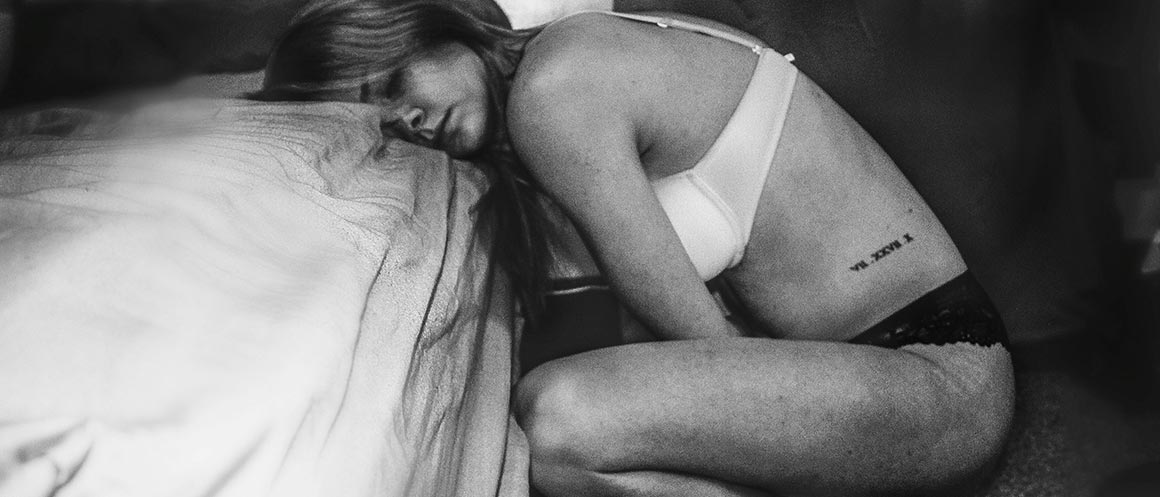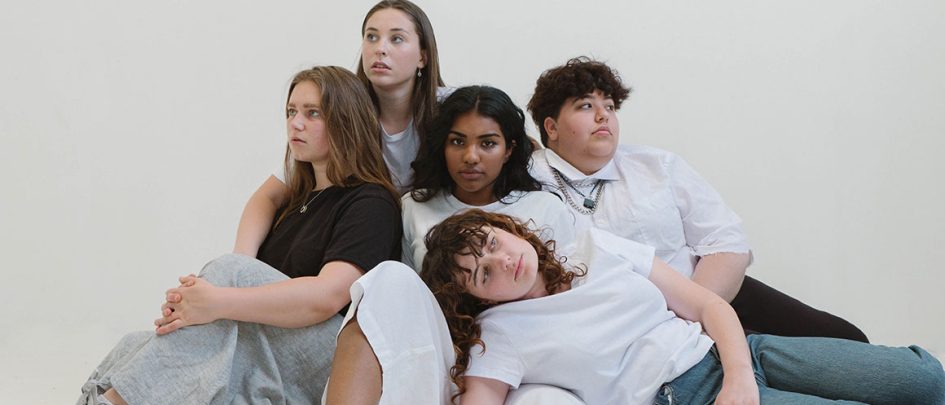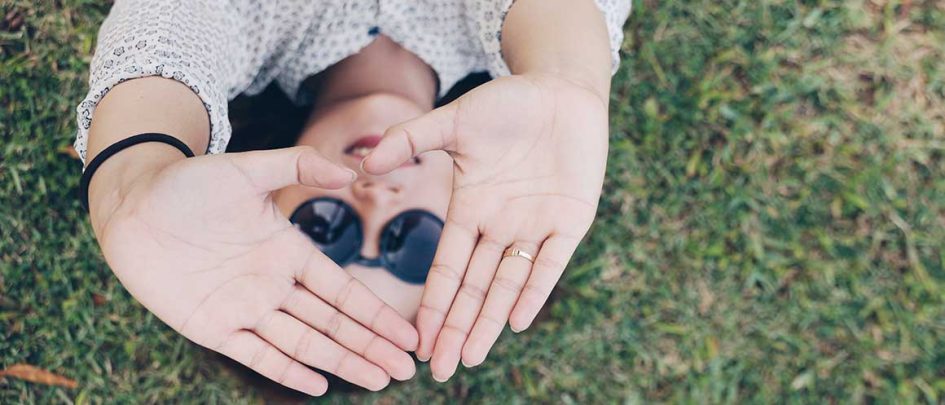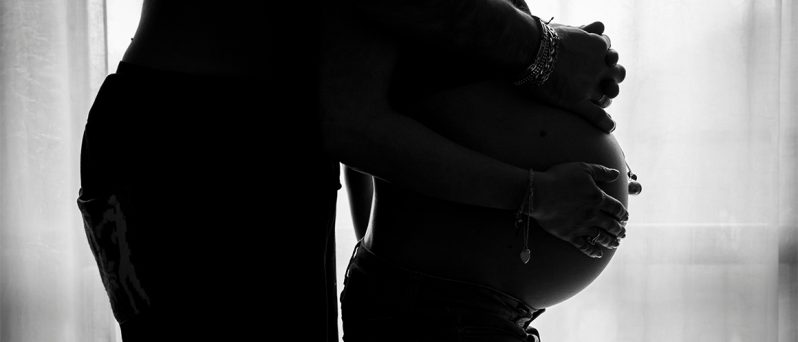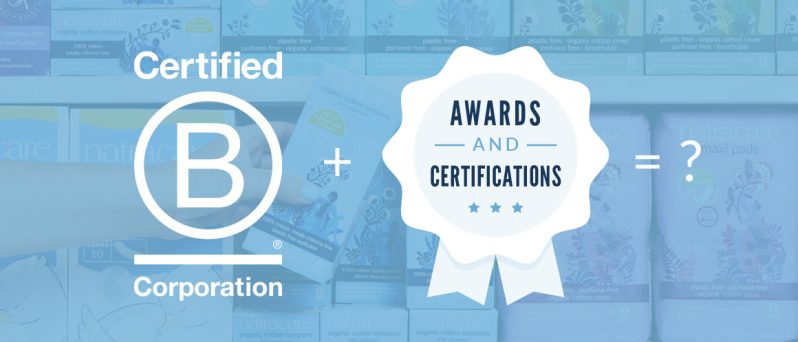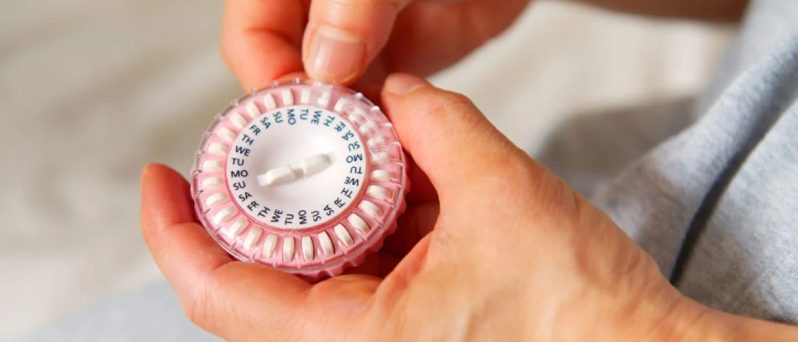Do you love your period? As stigma is being tackled over time, it’s exciting to see more people openly and positively speak about their period. But menstruation isn’t always a positive experience.
Period positivity is less about loving every single aspect of your period, and more about feeling liberated as a person who menstruates to embrace and talk about your experiences. Whether you love, hate, or feel somewhere in-between about your period, your feelings are valid.
Here are a five reasons why you or someone else might not love their period, and why that’s okay:
-
Painful periods or medical conditions
We all know that periods can be pretty painful! While manageable levels of pain are likely nothing to worry about, experiencing pain can make it difficult to love your period – particularly if you’re someone living with a health condition that worsens the pain you experience during your period, like endometriosis or PMDD. Trying to force yourself to feel positive about monthly (and potentially chronic) pain isn’t what you need. Instead, it’s important to honour and acknowledge your pain, rest up, and seek help with pain management where possible.
Conditions like PMDD and similar can make periods emotionally painful too. PMDD can cause feelings of depression, hopelessness, and anxiety, which can make your period an extremely difficult time.
-
Period poverty
Did you know that 1 in 10 people with periods in the UK is living in period poverty? Lack of access to period products or changing facilities affects the lives of so many people across the globe every single month. The impacts of period poverty can vary, but they can often look like:
- Worrying about leaks and stains
- Being forced to steal period products
- Using toilet paper as makeshift pads
- Choosing between food and period products
- Regularly missing school or work
Living in period poverty can make your period near on impossible to love because it can come with so much stress, shame, and safety risks.
If you’re experiencing period poverty or know somebody who is, our partners Bloody Good Period are tackling the problem and fighting for period equity for all.
-
Lack of period dignity
Period dignity refers to being able to manage your period easily, independently, and without shame. A lack of period dignity can stem from period poverty, but you may not have access to period dignity for other reasons. For example, some people with disabilities may need help to change their period products, which can compromise their access to privacy and independence. For some, this might not be a problem, but for others it could mean feeling a lack of dignity surrounding menstruation, and in turn can make it difficult to love their period.
-
Gender dysphoria
Not everyone with a period is a girl or woman – some trans, non-binary, and otherwise gender diverse people have periods too. Largely, periods are still addressed and considered a ‘feminine’ function, which can mean that not identifying as a woman and having a period can cause feelings of dysphoria. Gender dysphoria is the distress and disconnect caused by a misalignment between a person’s biological sex and their gender. If having a period triggers dysphoria for you, it’s okay that it’s not a time of the month you can celebrate. Be gentle with yourself during your period and know that your gender identity is always valid.
Check out this zine Shades of Red, where gender diverse creators speak about their experience with gender dysphoria in relation to their period.
-
Period blood as a trigger
For several reasons, including past trauma, the sight of period blood may be a trigger for some people. It’s absolutely okay not to love a time of the month when you are reminded of a distressing time. Speaking to your loved ones or a professional about this will help you to feel supported and able to process your experiences over time.
Bonus: literally any other reason
If none of the above reasons apply to you, but you still don’t love your period, guess what: that’s okay too! There’s no rule book for having a period, and everyone’s experience is different. Ultimately, what’s important is that people can have and talk about their period without shame or stigma. We’d love to see an end to some of the problems you might face around your period, but in the meantime, it’s okay to hate it.
Do you love or loathe your period? Tell us in the comments below or DM us on Instagram!
